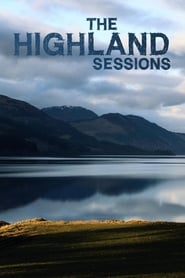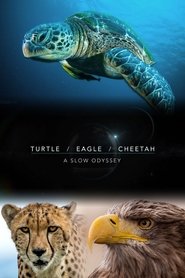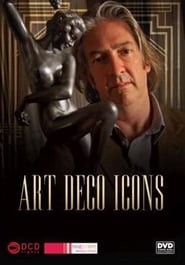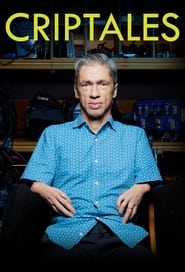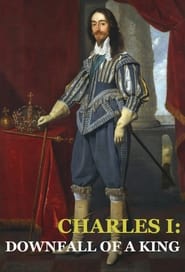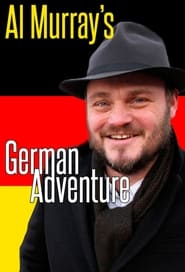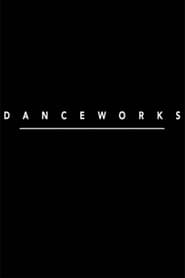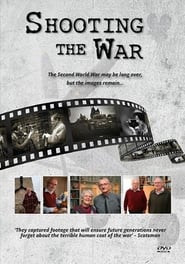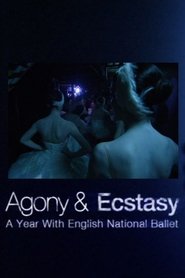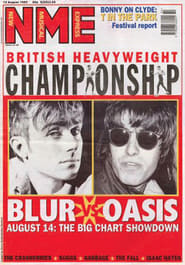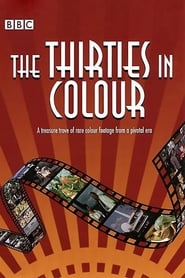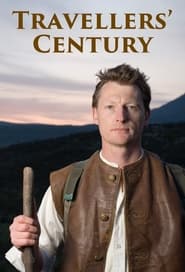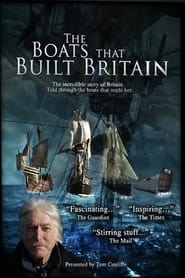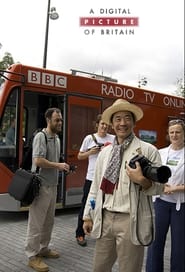Bbc Four TV Series - Page 19
-
The Highland Sessions
2010
Series celebrating the historical and contemporary links between Scottish and Irish Gaelic song by bringing together top exponents of both traditions to sing and play with no audience except themselves, using a house band of their peers. -
Turtle, Eagle, Cheetah: A Slow Odyssey
2018
Riding onboard with a cheetah, a green turtle and a white-tailed sea eagle as they show us around their homes, with natural sounds and embedded graphics delivering information. -
Nile Rodgers: How to Make It in the Music Business
2017
This series looks at the career of the multiple Grammy-award winner and Rock and Roll Hall of Famer, as Nile Rodgers shares a lifetime of experience on how to make it in the music business. Using his songs as a guide, he explains the secrets of his success, his longevity and how he's stayed relevant. -
Art Deco Icons
2009
Art Deco Icons
2009
-
CripTales
2020
star 5A life-changing moment is captured in six powerful, dramatic monologues. Written, directed and performed by disabled people and curated by Mat Fraser. -
Wide Sargasso Sea
0000
Wide Sargasso Sea
0000
Wide Sargasso Sea is a British television adaptation of Jean Rhys's 1966 novel of the same name. Produced by Kudos Film & Television for BBC Wales, the one-off 90-minute drama was first broadcast on digital television channel BBC Four on 9 October 2006. It was repeated on BBC One on Sunday, 22 October 2006, the week following the conclusion of BBC One's adaptation of Jane Eyre, to which Wide Sargasso Sea is a prequel. The adaptation was scripted by playwright Stephen Greenhorn, produced by Elwen Rowlands and directed by Brendan Maher. It starred Rebecca Hall as Antoinette Cosway and Rafe Spall as Rochester. -
Charles I: Downfall of a King
2019
star 8Historian Lisa Hilton discovers how, in just fifty tempestuous days, Charles I’s rule collapsed, laying the foundations for civil war, the loss of royal power and, ultimately, the king’s head. -
Mozart Uncovered
2004
Mozart Uncovered
2004
Charles Hazlewood and a period instrument orchestra delve deeper into Mozart's music in programmes immediately following BBC Two's Genius of Mozart series. -
Handmade in the Pacific
2018
A series which shows the manufacture of some traditional artefacts in Australia, Rurutu, New Zealand and Hawaii. -
Danceworks
2018
Danceworks
2018
With intimate, behind-the-stage access, these short films explore the creative process of extraordinary dancers and choreographers as they rehearse new work and performances. -
Shooting the War
2010
star 6Series looking at how WW2 was documented by German and British amateur home movie makers. -
World War I at Home
2014
-
Legends
0000
-
The Britpop Story
0000
The Britpop Story
0000
The Britpop Story is a British television documentary about the Britpop movement which occurred in Britain during the 1990s. Hosted by John Harris, it was first broadcast on BBC Four in August 2005. It features interviews with Blur's Graham Coxon, Elastica frontwoman Justine Frischmann, Louise Wener of Sleeper and Alan McGee, founder of Creation Records. -
Travellers' Century
2008
Travellers' Century
2008
Travellers' Century is a 2008 BBC Television documentary series presented by Benedict Allen that profiles the lives of three influential 20th century British travel writers. -
The Boats That Built Britain
2010
Sailor and writer Tom Cunliffe takes a voyage through the history of British seafaring and puts some of the vessels featured in the programme through their paces -
A Digital Picture of Britain
2005
Presented by digital photography guru Tom Ang, this major six-part companion series to A Picture of Britain visits the same six regions as the BBC One series to capture a vision of contemporary Britain in all its diversity.
